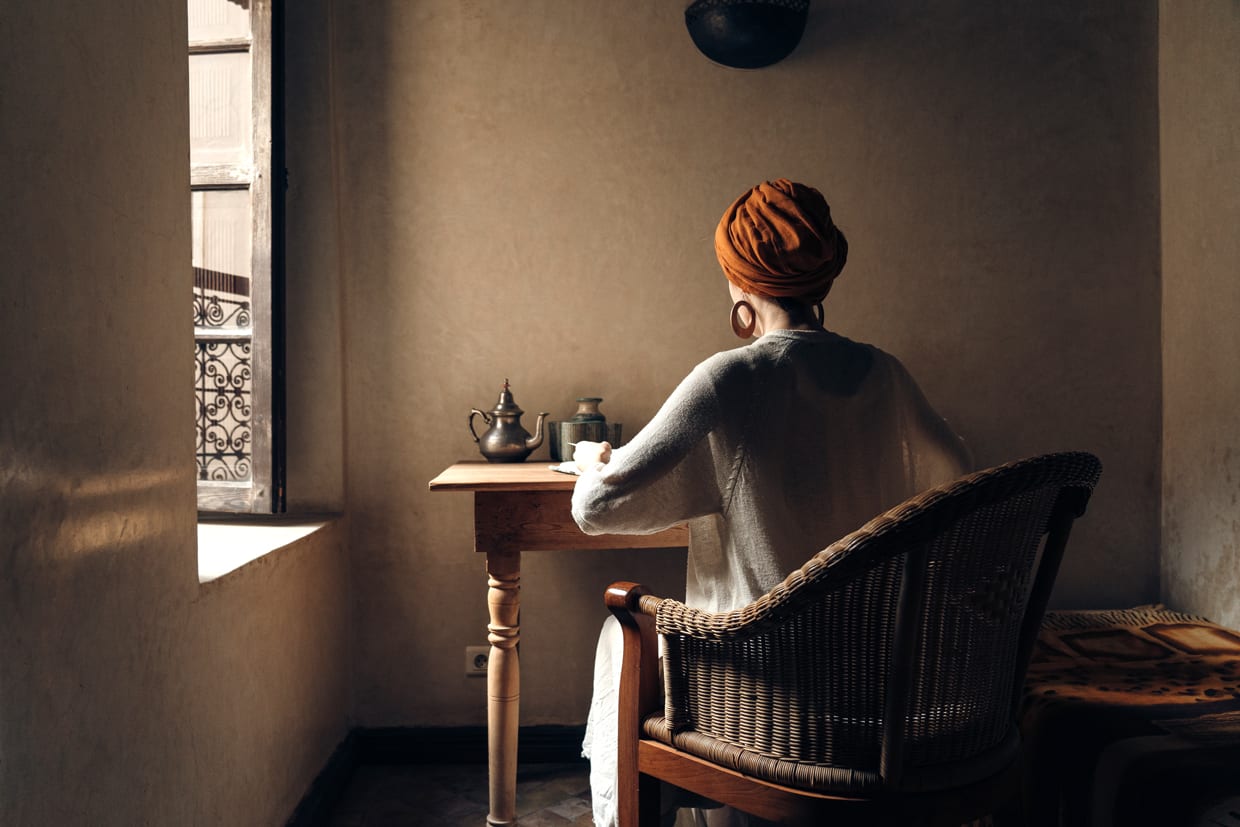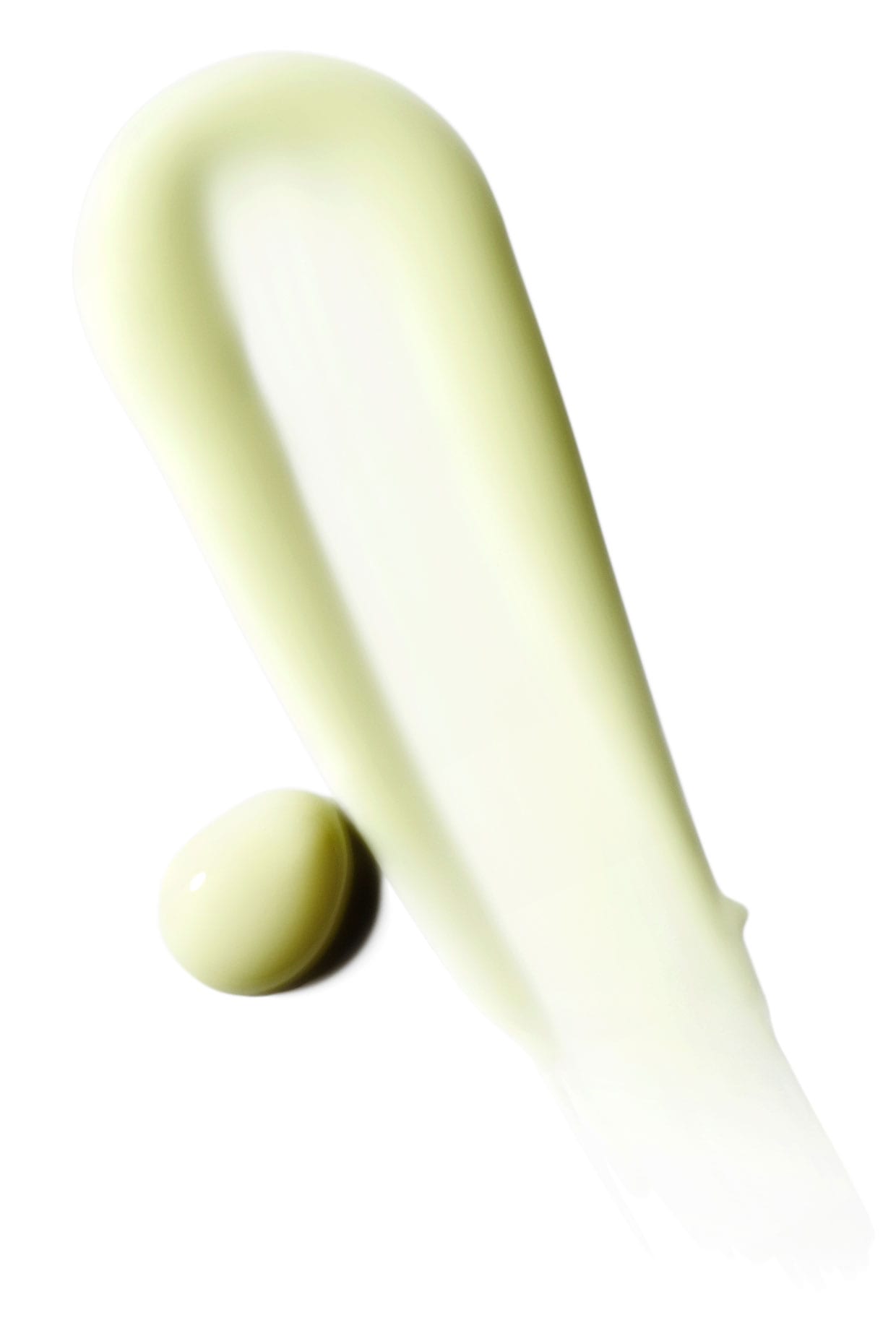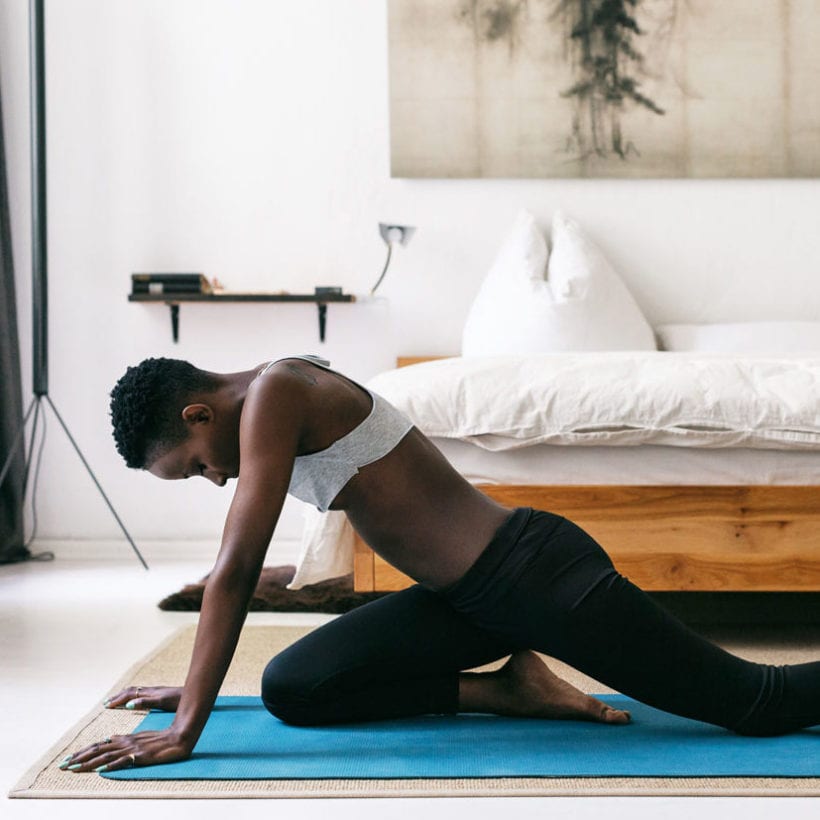Nothing is getting me through this time period like my afternoon sanity stroll — the feeling of warm sunshine hitting my face after hours of being cooped indoors is unparalleled. Though I always make sure to slather sunscreen on before heading outside because I am no heathen, I did drop it from my morning routine. Other things that I cut include applying any sort of makeup, brushing my hair and putting on pants without an elastic waistband. However, do I need to wear sunscreen inside if I wish to be protected from the sun’s harsh rays? On a mission for the truth, I reached out to three board-certified dermatologists for their thoughts on how best to protect your skin while staying indoors.
Do I Need Sunscreen Indoors?
Most household windows don’t have any UV protection built in, so you can get the same kind of sun damage through windows.
The short answer: yes, you do need sunscreen indoors! Time to update your skincare routine, folks, because while it is not as harmful as direct sunlight, UVA rays can still penetrate your windows. UVB rays, on the other hand, are nearly all absorbed through window glass.
“UV rays, particularly UVA, are responsible for discoloration, fine lines, wrinkles and skin cancer,” adds dermatologist Reena Jogi, M.D. “Most household windows don’t have any UV protection built-in, so you can get the same kind of sun damage through windows,” says Nancy Samolitis, M.D., board-certified dermatologist, and co-founder and medical director of FACILE dermatology + boutique. Thick shades or curtains may help but do not necessarily block UV light. “Similar to a light, white T-shirt, UV rays can penetrate through a light, thin shade,” adds Samolitis. Pro tip: Add clear or slightly tinted UV filters to your windows to prevent UV penetration.
Does Blue Light Damage Skin?
“Blue light is a color in the visible light spectrum that can be seen by the human eye. Blue light has a very short wavelength, and so [it] produces a higher amount of energy,” says Hadley King, M.D. It can be found all around us and comes primarily from the sun. However, it is also emitted by fluorescent bulbs and the screens of our computers, tablets, televisions, smartphones and other devices. Now that we are all working from home, we are spending more time in front of a screen, which means taking proper precautions.
“HEV light (High-Energy Visible) penetrates into the dermis and although not associated with causing skin cancer, it can cause discoloration and aging of the skin,” King says. HEV can also contribute to hyperpigmentation and possibly to melasma and age spots. According to Samolitis, prolonged exposure can lead to the same negative side effects UV rays cause — loss of collagen, uneven pigmentation, fine lines, etc. The exact amount of screen time or light is unknown. While there is not much data on how quickly we see the damage done from screens, keeping them further away from our skin and decreasing the brightness will help lower the amount of damage caused. Pro tip: install covers that block the blue light from smartphones, tablets, and computer monitors. Permanently enabling “night mode” also significantly reduces the amount of blue light radiated.
Does Sunscreen Protect Against Blue Light?
Sunscreens made with zinc oxide and/or titanium dioxide do protect you from blue light skin damage. Xanthophyll, also known as lutein, is another ingredient useful for blue light protection. Lutein is a pigment naturally found in plants and is incredibly helpful in fighting free radical damage and keeping your skin protected and youthful.
You can find all kinds of blue light sunscreens on the market now. Zinc oxide and titanium dioxide are also common minerals found in physical sunscreens, which you can learn about more below.
Physical vs Chemical Sunscreen
“Standard chemical sunscreen [such as oxybenzone, avobenzone, octisalate and more] [are] effective for filtering UVA and UVB rays do not also filter HEV light. [Physical filters like] zinc oxide, titanium dioxide and iron oxide can reflect some portions of HEV light, but not all,” says King. She recommends using a physical sunscreen because they block a wide range of UV wavelengths and are photostable, meaning that they do not change their molecular structure when exposed to UV radiation. King adds that physical sunscreens may be a better choice for those with sensitive skin, since they are less likely to clog pores and irritate your complexion. When purchasing, scan the label for ingredients such as zinc oxide or titanium dioxide because they are physical blockers. Look out for topical because they help reduce damage from free radicals from both HEV light and UV light. “Studies have shown that sunscreens containing Licochalcone A offer protection from not only UV rays, but also from HEV light,” says King.
How Often Should You Reapply Sunscreen Indoors?
In general, it’s best to reapply sunscreen indoors every couple of hours, though this can vary depending on your situation. You should always apply a minimum of SPF 30, says Jogi. King adds, “If you apply the proper amount of sunscreen and aren’t getting sweaty or wet or wiping or rubbing off the sunscreen, it can last for hours, particularly if it’s a mineral sunscreen.” Reading the label helps, but it truly depends on how much time you are directly hit by the sun or sitting near a sunny window.
Keep up With Your Skincare Routine
In case, like me, you have been cutting things out of your morning routine or even skipping it altogether, this is your reminder to stop. Make sure you’re always wearing sunscreen indoors, especially if you’re sitting next to a window.
“It’s important to continue your usual skincare regimen and maybe even add a few new active ingredients that help skin fight sun damage such as retinol and vitamin C,” explains Samolitis. If you are still unsure what works for you, or have a specific skin concern, schedule a video consultation with your dermatologist. Finally, “other ways to protect your skin include maintaining a healthy, balanced diet, drinking adequate fluids and getting a good night’s sleep,” adds Jogi.
We only recommend products we have independently researched, tested, and loved. If you purchase a product found through our links, Sunday Edit may earn an affiliate commission.








